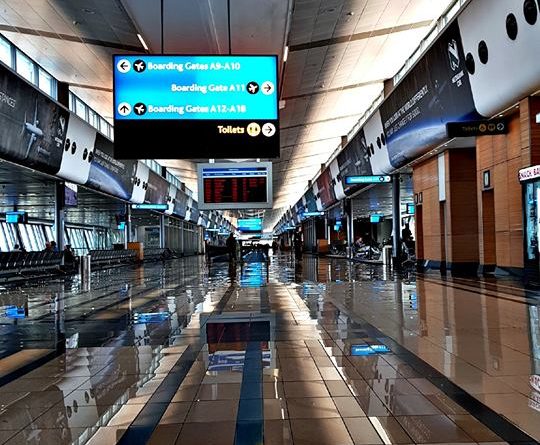Does your medical aid cover you for travel? Tips for fearless explorers
Planning a trip to a different country, both locally and internationally, is an exciting time for anyone. You will be planing the different stop-offs on your journey and looking into what books to take on the plane for entertainment.
One issue that many people overlook when planning a trip is whether or not travel is covered by their medical aid. If you are unsure as to whether your current plan covers you for this, ask your provider for medical aid quotes detailing what they offer in terms of travel cover.
What is excluded from the cover?
Many medical aid options have similar offerings in terms of what they exclude from cover for overseas travel, which makes it easier to find out what is covered by your medical aid plan. The following are not covered or are excluded by most affordable medical aid options:
• Services excluded by waiting periods
• Pre-existing conditions
• Exclusions stated in the medical aid’s terms and conditions
• High-risk adventure sports
If you are planning on going on a holiday filled with adventure, you may want to speak to your medical aid about whether or not they consider any of these sports too risky to be covered by their plan.
Credit card travel insurance
Many credit card providers will offer you some form of basic travel insurance if you use your credit card to purchase your plane tickets. This will include some medical benefits, but these benefits are usually minimal.
The benefits include emergency hospital cover or cover if you need to be admitted to hospital, excluding pre-existing condition treatment and cover for people who are over a certain age. While travel insurance is important, you should look into medical aid quotes that detail exactly what their travel options offer. You never know what might happen while you are travelling, so having only minimal coverage is not advisable.
International travel benefits
If you are planning an exciting jaunt overseas with your family, you will need to ask your medical aid provider about their international travel benefits. Some medical aids outsource the international travel component to companies like ER24 and Europ Assistance.
The principal members and their beneficiaries are usually covered for up to 90 days after the date of departure, which is ideal for those leisurely trips to exotic locations. These benefits apply to medical emergencies and are limited to between R5 million and R10 million per trip. This cover can be used for medical evacuation or repatriation.
Hazardous activity cover
If you are planning on doing some exciting, but dangerous, activities on your trip, such as going scuba-diving in Australia or skiing in the Alps, you will need to be sure that your medical aid offers hazardous activity cover.
It is cover that is specifically designed for accidents that happen while taking part in these dangerous activities. Be warned, however, that this cover does not extend to skiing in out-of-bounds areas, for example, or search-and-rescue parties. If you feel that you might need such assistance, you might need to rethink your plans for your holiday.
The emergency claims process
If a medical emergency requires surgery or an extended stay in hospital, you will need to obtain authorisation and a payment guarantee from your medical aid or their travel partner. Payment will be made directly to the healthcare provider.
In less expensive situations, you may be required to pay the medical fees in full upfront, claiming back from your medical aid once you return to South Africa. If treatment is conducted out of hospital, then a nominal co-payment might be applicable. However, these are not usually too expensive, depending on the procedure. Be sure to ask your medical aid provider what their emergency claims process is so that you are completely prepared should anything happen.
Planning ahead
When you are in a foreign country and are panicked, you often do not think clearly and may not remember who to phone and what the procedures are clearly. This is why it is important to have everything together beforehand, such as documents, phone numbers and a to-do list.
It is a good idea to inform your medical aid provider that you will be going on an overseas trip, even if it is not mandatory. This will enable the medical aid to provide you with a brochure outlining their travel coverage and benefits, as well as make any preparations they need in order to ensure you have a safe trip.
It is important to ask your medical aid whether or not you will be covered, and if there is any way that you can up your current cover to include some form of travel insurance. Provide an itinerary detailing any dangerous or hazardous activities if you are planning on taking part in these. Planning ahead is vital for any overseas trip, whether you are flying solo or taking your family along.
Travel insurance and safety for travellers https://t.co/NkJfbi0E4J #ArriveAlive pic.twitter.com/V0ZxZvEfwe
— Arrive Alive (@_ArriveAlive) March 14, 2017




